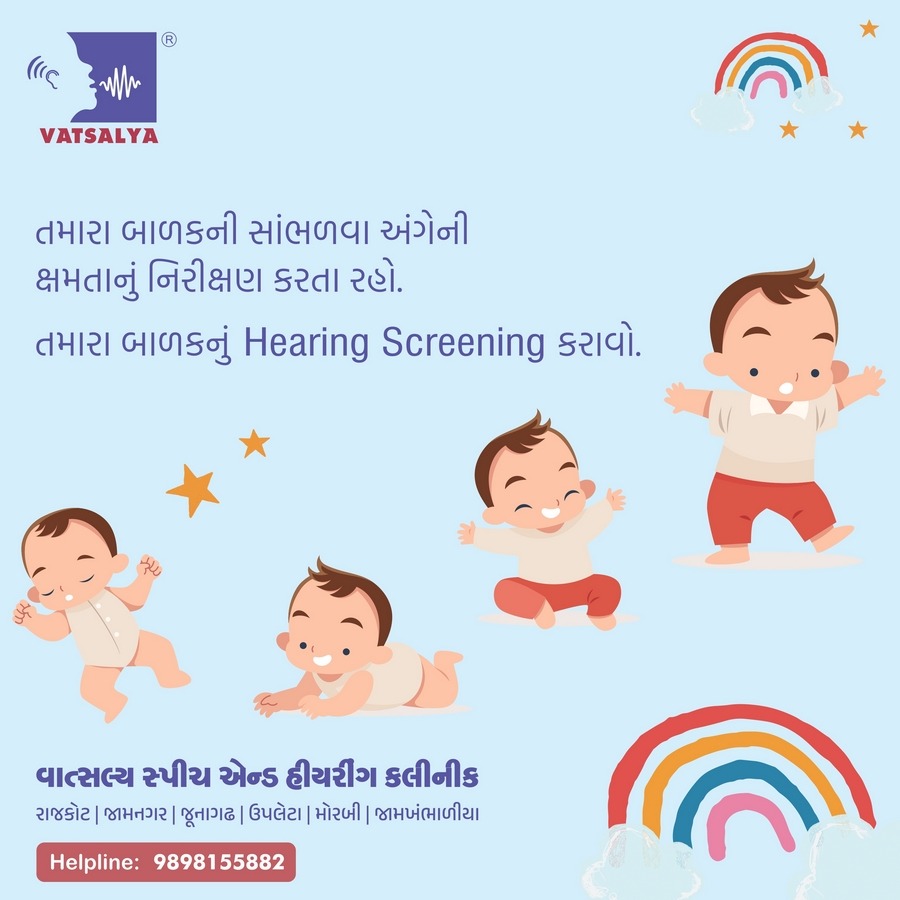+918042785198

This is your website preview.
Currently it only shows your basic business info. Start adding relevant business details such as description, images and products or services to gain your customers attention by using Boost 360 android app / iOS App / web portal.
Child Hearing Loss Report: Understanding the Im...

Child Hearing Loss Report: Understanding the Impact on Development and Education Child hearing loss is a significant issue that can have a profound impact on a child's development and education. From mild to profound hearing loss, this condition can affect a child's ability to communicate, learn, and socialize effectively. In this blog post, we will explore the various aspects of pediatric hearing impairment and the importance of early detection and intervention. Pediatric hearing impairment can be categorized into two main types: congenital and acquired. Congenital hearing loss is present at birth, while acquired hearing loss can develop later in childhood due to various factors such as infections, trauma, or exposure to loud noises. Regardless of the cause, it is crucial to identify hearing difficulties in children as early as possible through hearing screening programs. Newborn hearing screening, using techniques such as Auditory Brainstem Response (ABR) or Otoacoustic Emissions (OAE), is a vital tool in detecting hearing loss in infants. Early identification allows for prompt intervention and management to minimize the impact on speech and language development, cognitive development, and educational outcomes. Children with hearing loss may experience delays in speech and language development, which can affect their ability to communicate effectively. This, in turn, can impact their social and emotional development, as well as their learning abilities. Children with hearing loss may also be at higher risk for learning disabilities and special educational needs, requiring additional support in inclusive education settings. Audiological assessments, including hearing threshold tests, are essential in determining the level of hearing loss and guiding treatment options. Depending on the severity of the hearing loss, children may benefit from hearing aids or cochlear implants to improve their hearing abilities and communication skills. It is crucial for parents, caregivers, and educators to be aware of the signs of hearing loss in children and to advocate for early intervention. By addressing hearing difficulties in children promptly, we can help them reach their full potential and succeed in all aspects of their development and education. In conclusion, child hearing loss is a complex issue that requires a multidisciplinary approach involving pediatric audiology, speech therapy, educational support, and parental involvement. By understanding the impact of hearing loss on development and education, we can ensure that children with hearing difficulties receive the necessary support and resources to thrive. Let's work together to create a world where all children have the opportunity to hear, learn, and succeed.

 +918042785198
+918042785198